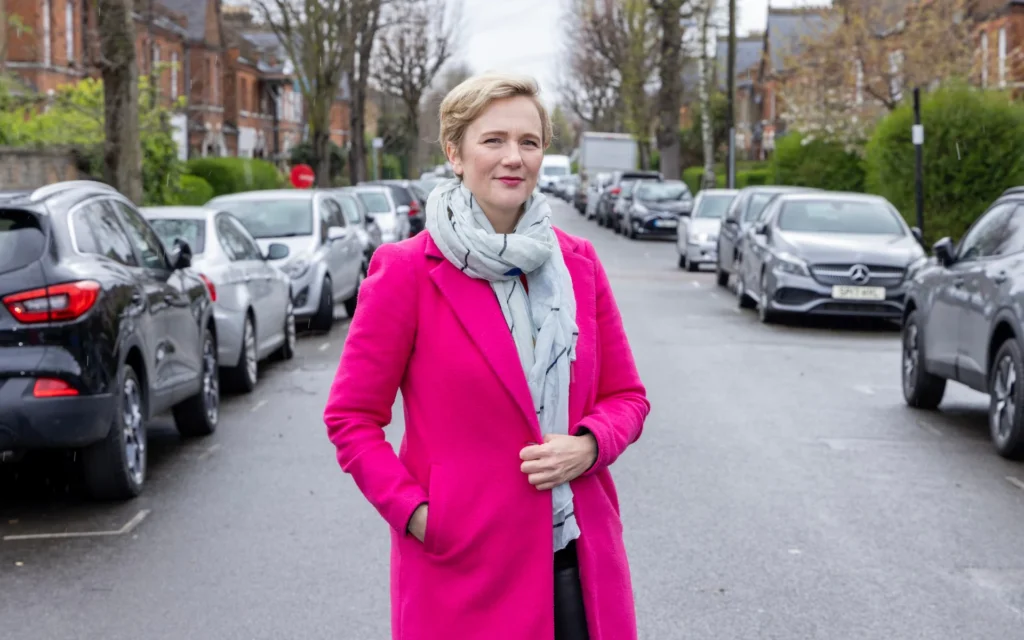I recently saw an article in the Guardian called “Dining across the Divide.” It’s about two people, a Tory and a floating voter, having a meal and discussing immigration. The article goes through the various stages of their meal and their chat about this subject. Incidentally, they both seem to be for it but struggle to agree on how many. I’ll do something similar with three courses of narrative: the starter, the mains and then the dessert.
For starters, as Sara mentions at the beginning of this article, both are remainers. So, right off the bat, you get a taste of what will come from these two. Sara was a broadcast journalist, while Simon was an MD of a food company. As we read on, we find out that Simon has had illegals hide in his sugar tankers to get over the border, something he was keen to stop. Sara is for unlimited immigration for anyone “whose life is at risk, due to famine, war or whatever.” ‘Whatever’ obviously means anything that takes the migrant’s fancy. I don’t know about you, but I’m already feeling a bit queasy after this brief intro.
For the main, Simon thinks refugees should stay in the first safe country they arrive in. Sara disagrees because the law doesn’t say this. It was a convenient getout for her to allow anyone to come. They flee their wars, then walk across Europe to choose Britain. In my book, it doesn’t sound like people are down on their luck, but Sara doesn’t see this as a problem. It’s not in the spirit of refuge, but who cares? Sara blames the fact that we aren’t in the EU anymore, and it doesn’t fall under the Dublin III regulation, as if that has stopped any migrants from picking whatever nation they fancy on our continent.
Quite rightly, Simon says he has a big issue with people coming from France since France is safe. Well, there are no wars there or famine, at least.
Sara goes on to say that she hosts asylum seekers in her own home. She doesn’t clarify from where. However, she has co-founded a charity that “helps place refugees.” Feeling the nausea rising, we press on. She goes on to say that, although Simon has had a Ukrainian living with him for 18 months, “Syrians are under the same Putin bombs as Ukrainians” and that we shouldn’t be treating them differently. Simon says it’s because they’re closer, a crisis which “is on my border,” he says. It isn’t; it’s on the other side of Europe. It’s almost as far away as Syria.
So after that horrific, overly liberal main course, let’s get stuck into dessert, which is eye-rolling in its lame predictability.
Something that links Sara and Simon is mentioned many times in the article. It’s something they share that gives them a unique insight into how nations should run their immigration policy. As Sara explains early in the meal, “We both voted to remain, and we’re both of Jewish extraction.”
This theme continues throughout the piece; she thinks that Simon should be more accepting of refugees since his grandparents fled a pogrom; she can’t believe he doesn’t know about any Jewish traditions and would like to invite him to Hanukah night so that he could see it. He says of her that “she’s a wonderful Jewish mother, warm, friendly, engaging.”
It’s incredible how these two people’s Jewishness gives them not a divide, as the title of the article suggests, but a link, a shared something between strangers of the same ethnicity. Something that, doubtless, they would criticise if they saw it happening between two ethnic English, bonding specifically over their shared ethnicity during a meal.
I wonder, too, if they would criticise two ethnic Scots, perhaps discussing how many migrants should be allowed to cross the border into Israel. It’d only be fair to suggest that all Palestinians are allowed to move over. Still, I’d wager heavily that Sara, a proponent of unlimited migration here who actively works to place refugees in our communities, would have some concerns.
These matters should not be for other groups or other ethnicities to decide. This is our nation, it’s our culture at stake, and it’s our homeland. We will determine, regardless of the feelings of others. Just as they rightly wouldn’t be interested in our opinions regarding immigration policy in their ancestral homelands.
In today’s world, it’s becoming increasingly difficult to rely on the traditional liberal principles of tolerance, pluralism and individualism. The harsh realities of life are teaching us lessons that we cannot afford to ignore. We now know that humans are not always driven by logic and reason, and progress is not always guaranteed. The vision of a liberal future, once a beacon of hope, is slowly fading away, and with it, the principles that once defined it will vanish as well.


